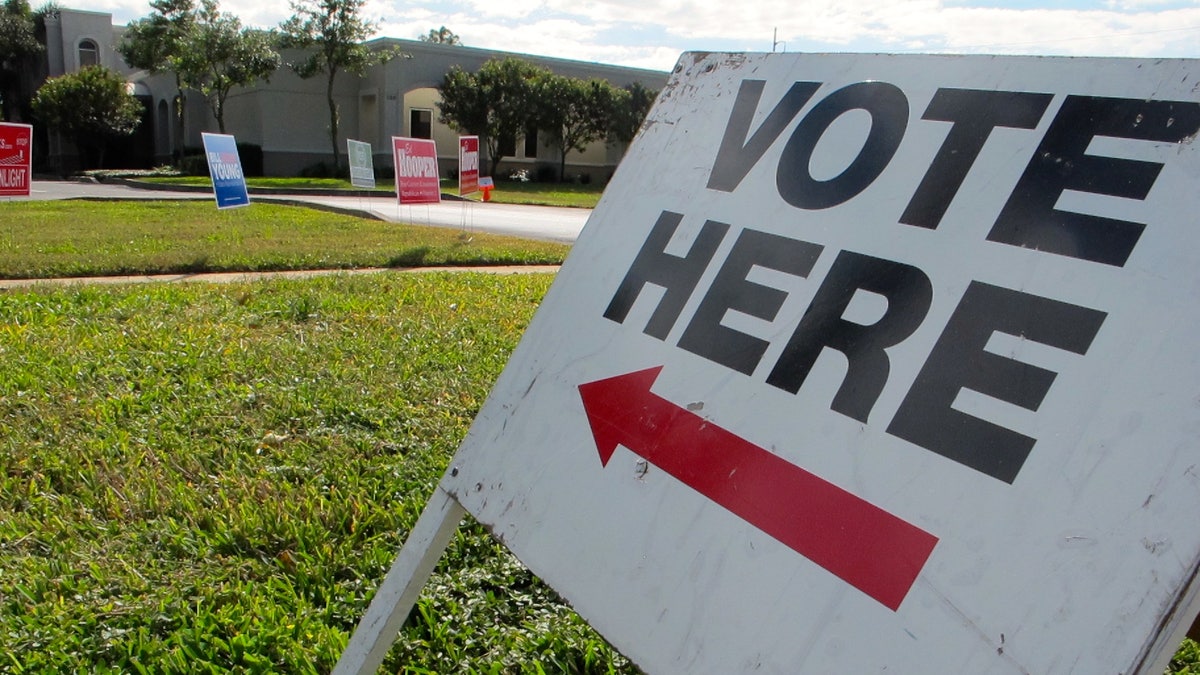
Independence Day gives us an opportunity to celebrate America’s birth as a democracy. This year, it also should spur a redoubling of efforts to uphold that system of governance, whose well-being is at greater risk than we’ve seen in decades.
Indicators of America’s flagging democratic engagement abound. Voter turnout plunged to a 72-year low in the 2014 midterms, hitting a floor seen last during World War II. And the next generation of voters tends to be particularly apathetic, despite their dissatisfaction with the current state of affairs.
More than half of 18- to 29-year-olds surveyed in a 2013 Harvard Public Opinion Project said they would replace every member of Congress if given the chance, but only half of those disgruntled Millennials said they planned to vote in the 2014 midterms.
Americans also show signs of disinterest in how their democracy works. Only 36 percent are able to name all three branches of government, according to a 2014 Annenberg Public Policy Center poll.
The reasons behind this democratic lag are myriad, but one contributor is clear. America is losing its edge when it comes to talent –- the knowledge, skills and values that lead to success in our lives and careers. Talent is what helped establish our democracy and birth a nation of great innovators, entrepreneurs and can-doers.
More than half of 18- to 29-year-olds surveyed in a 2013 Harvard Public Opinion Project said they would replace every member of Congress if given the chance, but only half of those disgruntled Millennials said they planned to vote in the 2014 midterms.
It’s also a key factor in a person’s ability to improve his life prospects. Maintaining that sense of opportunity for upward mobility is an integral part of sustaining a thriving democracy.
Signals abound that we’re in the midst of an early talent decline. A recent survey of companies in the Inc. 5000 showed that 76 percent of CEOs say finding qualified people is a major concern – largely because so many candidates lack the knowledge and skills needed for today’s jobs. And because so many young Americans are not armed with the tools necessary for the 21st century workplace, it’s also taking longer for young adults to reach financial independence. The median age for hitting that tipping point has increased over the last three decades from 26 to 30.
This reality deals a blow not only to those who lack requisite talent to achieve greater opportunity; our economy as a whole suffers from the talent gap. An analysis of many studies on the topic shows that all told, growing our nation’s talent quotient would result in additional economic output in the low trillions of dollars – a figure that amounts to more than the gross domestic product of many individual countries.
But more important is the impact of the talent decline on our democracy. Without opportunities to cultivate their talent, Americans are left with few prospects to move up the economic ladder. That creates a sense of hopelessness and apathy, which in turn has a dampening effect on Americans’ willingness to vote and engage. And without such involvement, democracy’s power wanes.
The result could be cyclical. States and cities with higher civic engagement rates experienced less growth in unemployment during the recession, according to a 2011 report by the National Conference on Citizenship. So while dampened economic prospects propel disengagement, that same lack of engagement could make it harder for people to emerge from the slump, creating a compounding effect.
Addressing these challenges comes down to confronting our nation’s need for talent. And that can happen with commitment to tackling the critical issues we know are inextricably linked with talent – things like immigration policy, higher education and urban renewal.
This won’t be easy, but it couldn’t be more important. Without action to confront our waning civic enthusiasm, we risk further losing momentum. And what’s at stake in that battle is great: the chance for millions of Americans to achieve success and shape the direction of our country, and our opportunity as a nation to fulfill democracy’s promise.
